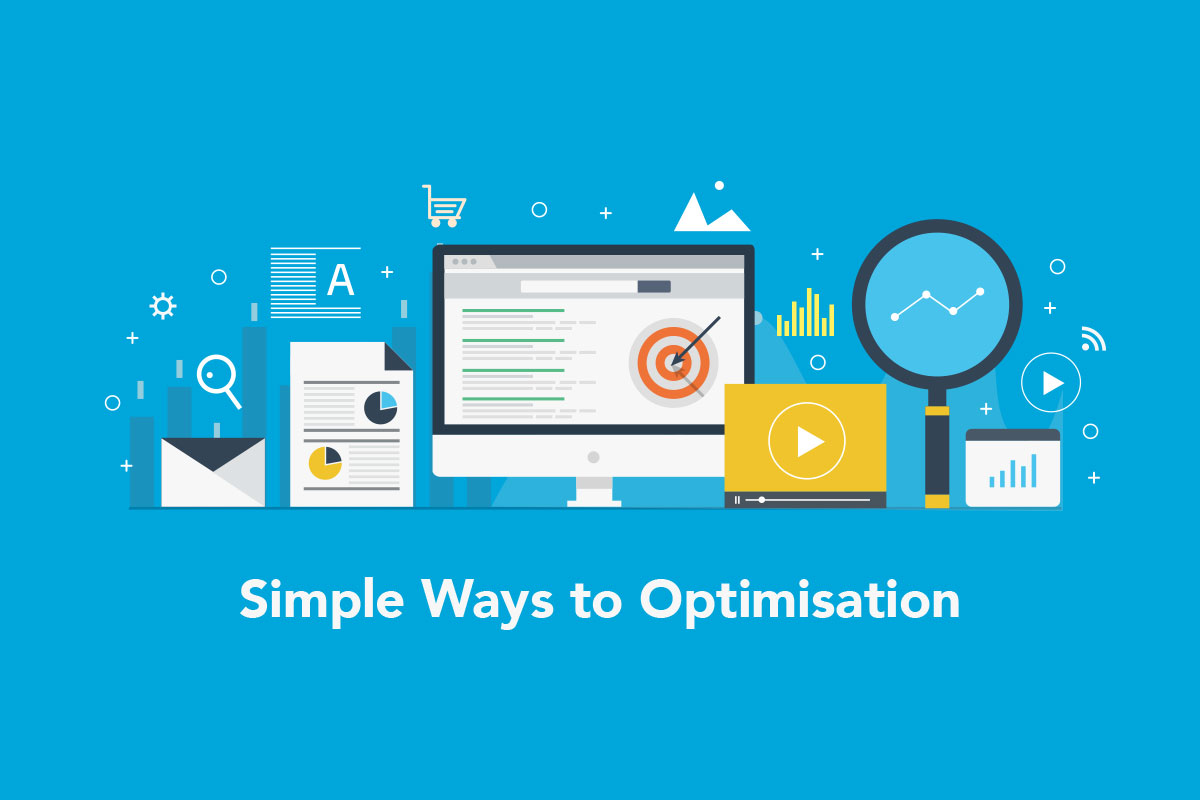A strong, well-managed digital presence is essential in today’s market, no matter what your business is.
Increasingly, the web is the first port of call for potential customers. There are a number of factors that contribute to an effective web presence. We’ll focus here on one of the most important: search engine optimisation. Here are some simple ways to optimise your website. By no means a definitive list, but a nod in the right direction.
Ranking position is important
It’s vital that your business is in the mix when it comes to search results. Getting yourself high up on a search engine results page (SERP) can give you a significant edge over your competitors. Research by Advanced Web Ranking shows that the first result for a Google search captures around a third of traffic on average, with engagement rate dropping sharply thereafter. By the time you get to tenth position, it’s under 2%. Results on the first page of Google account for around 90% of traffic.
A quick guide to optimisation
Search engine optimisation (SEO) is about working with search engine algorithms to push sites up the rankings. Whilst you can employ professionals to do this for you, you can also do a lot yourself. There are a number of guides available, but a good place to start is Google’s own guide to optimisation. Here are three of the main points about optimisation.
• Be clear
We’ve all been on websites that have left us frustrated, unable to find what we want or even exactly what it is we are looking at. As well as damaging a site’s usability, this also affects whether it will be visited in the first place. A site with titles that succinctly summarise a page’s content has a much better chance of reaching the top of search engine results rankings. Titles should be brief, descriptive and also distinctive.
• Be structured
Stick to a clear, simple overall schema. Group related content together. Make sure that there are no dead links. Most search engines use web crawlers to create indices of web content that underpin their results page. Crawlers work by browsing the web systematically. Having a site that is well-organised makes the job of crawlers like Googlebot much easier. This, in turn, can have positive implications for your search engine results page position.
• Distinguish between platforms
Figures published by Statista show that, in 2016, over 80% of 35 – 54 year olds and over 90% of 16 – 35 year olds own a smartphone. Increasing number of companies are developing mobile versions of their sites, but some are falling foul of search engine algorithms by not planning them properly. Guiding users to the right version of the site is good for optimisation. Again, it’s all about being clear and consistent!
Summary
Search engine optimisation is important for giving your potential customers the best chance of finding you. You can do a lot with a bit of thought and planning. Use clear, descriptive language. Follow a logical structure. Send your visitors to the right version of your site. As well as making your website better, this will also help push you up into those crucial top spots on Google where the vast majority of the traffic is.




